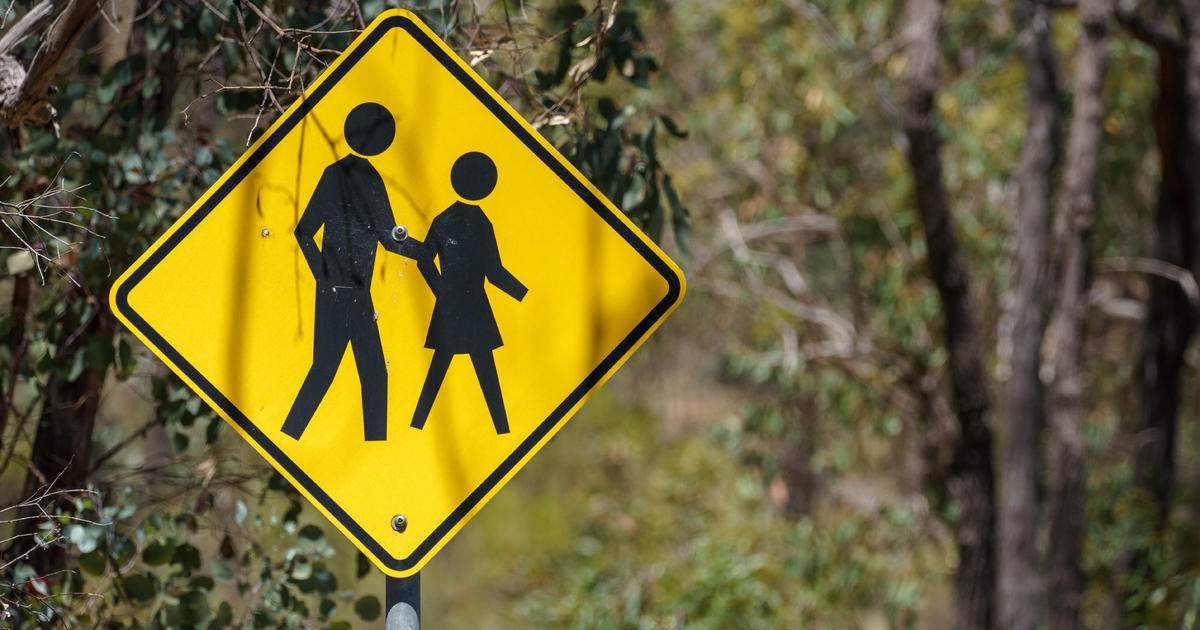Scientists Meet In Baltimore To Discuss Effects Of 2010 BP Oil Spill
BALTIMORE (WJZ)—Out of sight doesn't always mean out of mind. At least not along the Gulf Coast.
Alex DeMetrick reports last year's huge BP oil spill is still very much an on-going worry.
The spring and summer of 2010 were filled with images of what wasn't supposed to happen. But when British Petroleum's deepwater drill rig exploded, oil spilled for months. Before the leak was plugged, billions of barrels escaped into the Gulf of Mexico and headed for shore.
Even a year later, there are problems.
"We still have about 30 miles of heavily and moderately oiled shorelines in Louisiana, where you can literally go pick up scoops of oil with your hands," said Garret Graves, Louisiana Coastal Protection.
This week the National Aquarium in Baltimore is hosting a meeting, drawing scientists and researchers who are still very much involved with what the spill is doing long term.
"There are chronic or sub-lethal effects from this oil spill on a variety of organisms, including shrimp, crabs, fish and oysters, and these impacts have not been carefully studied and need further study," said Dr. Erik Rifkin, interim director of National Aquarium.
What is known is that more than 8,000 sea birds were killed. Oil caused $2.5 billion in damage to industries like seafood and tourism. Still unknown are the effects of burning and dispersing oil with chemicals, and where is the oil that did not get removed.
Of the 5 billion barrels that spilled, it's estimated one billion barrels are still in the Gulf.
"I expect we will be removing oil, finding oil for several years, if not decades," Graves said.
Besides researchers from the National Aquarium, scientists from Johns Hopkins and the University of Maryland are also studying the oil spill's long term effects.



